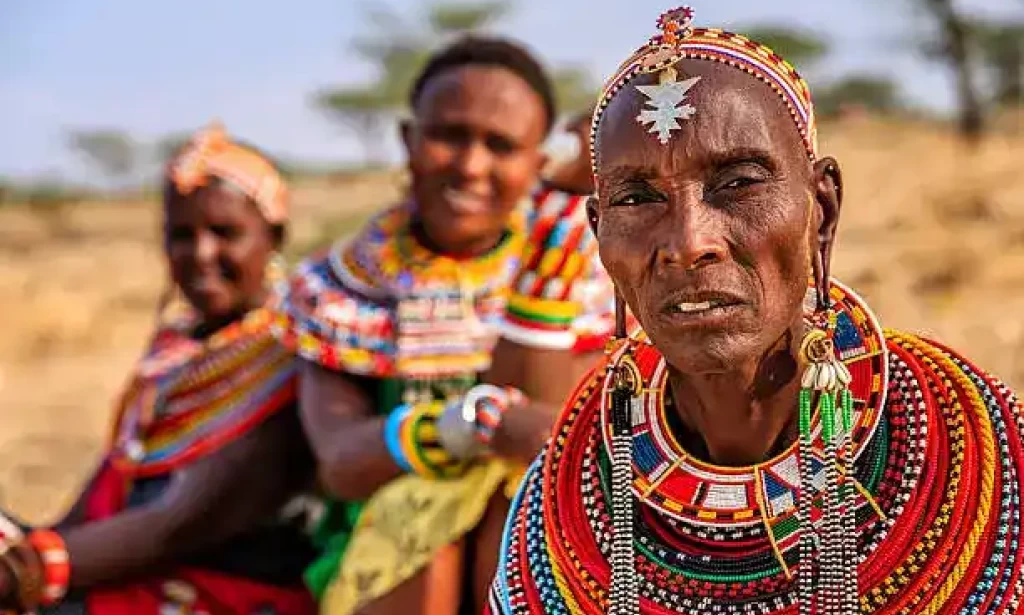Africa, known as the cradle of humanity, boasts a linguistic landscape as diverse as its geographical features. With over 2,000 languages spoken across the continent, Africa's linguistic richness reflects its cultural diversity and historical complexity. However, the multitude of languages also presents both opportunities and challenges for development.
Cultural Significance:
Languages in Africa are more than just a means of communication; they are carriers of cultural identity and heritage. Each language encapsulates a unique worldview, traditional knowledge, and social norms. Preserving this linguistic diversity is crucial for maintaining the rich tapestry of African cultures, fostering a sense of belonging among communities.
Barriers to Communication:
While linguistic diversity is a source of pride, it can also pose challenges for effective communication. The presence of numerous languages within a region can hinder collaboration and information exchange, potentially impeding development efforts. Bridging linguistic gaps becomes essential to ensure inclusivity and the sharing of valuable insights.
Educational Implications:
The coexistence of multiple languages influences education systems across the continent. Many African nations grapple with the question of which languages to prioritize in schools. Striking a balance between promoting local languages to preserve cultural heritage and teaching widely spoken international languages is a delicate task. Access to quality education in a language that students understand is paramount for sustainable development.
Economic Opportunities:
African linguistic diversity presents economic opportunities, especially in the global marketplace. Multilingualism can be an asset for international trade and diplomacy. Efforts to leverage linguistic skills, including translation and interpretation services, can enhance Africa's engagement with the global community, opening doors for economic growth and collaboration.
Preserving Indigenous Knowledge:
Indigenous languages often hold the key to traditional knowledge about agriculture, medicine, and sustainable practices. As development progresses, there is a risk of losing this valuable information. Efforts to document and promote indigenous languages contribute not only to cultural preservation but also to sustainable development by incorporating age-old wisdom into modern practices.
Technology as a Bridge:
In the digital age, technology serves as a bridge across linguistic divides. Mobile applications, online platforms, and machine translation tools can facilitate communication between speakers of different languages. Investing in technology that supports linguistic diversity can empower communities, foster collaboration, and bridge the gap between traditional and modern ways of life.
Policy and Inclusivity:
Government policies play a crucial role in addressing the challenges posed by linguistic diversity. Crafting inclusive policies that recognize and promote various languages can contribute to social cohesion and equitable development. Prioritizing education in local languages and providing resources for linguistic preservation initiatives are steps toward harnessing the potential within Africa's diverse linguistic landscape.



You must be logged in to post a comment.